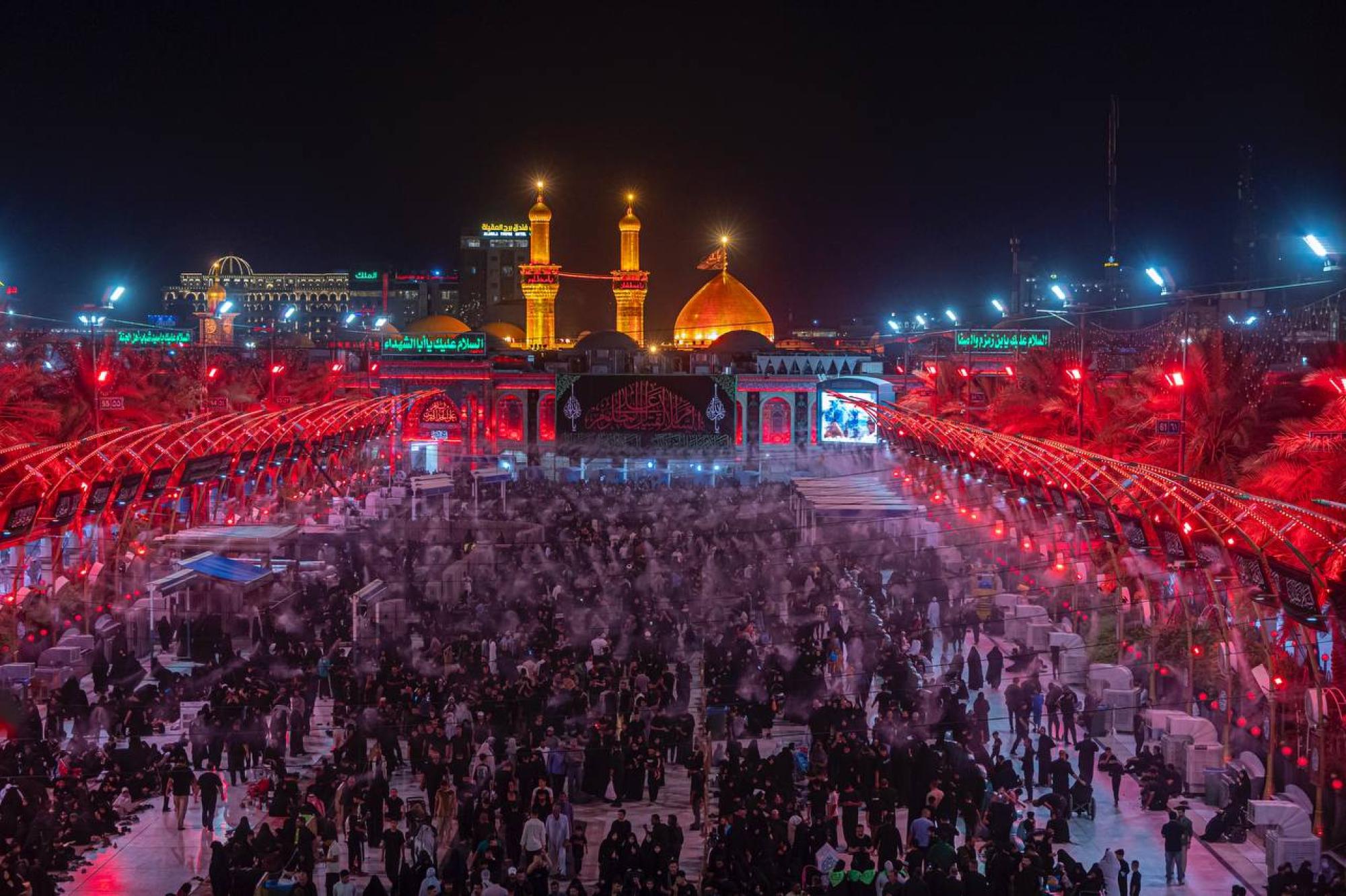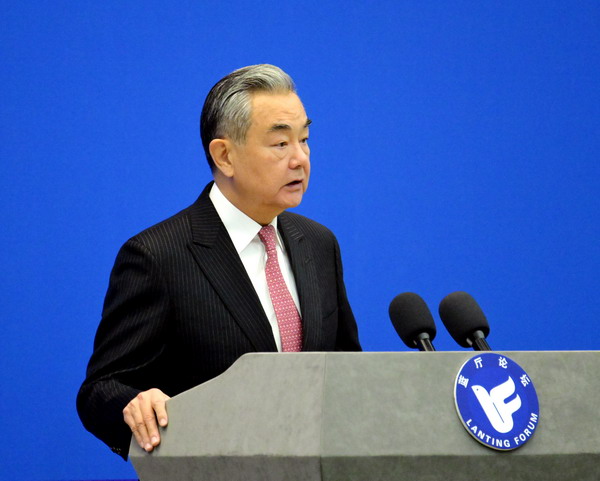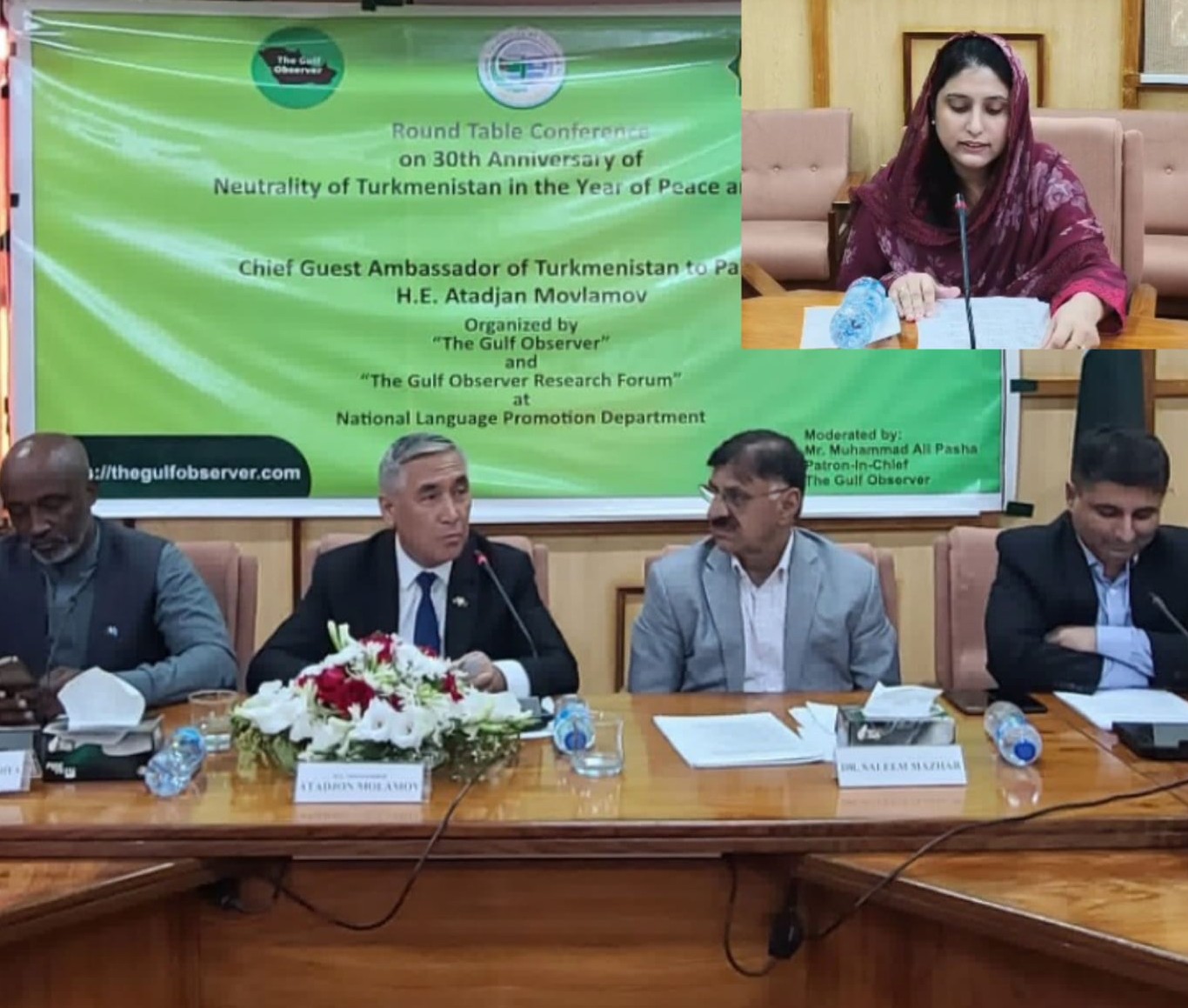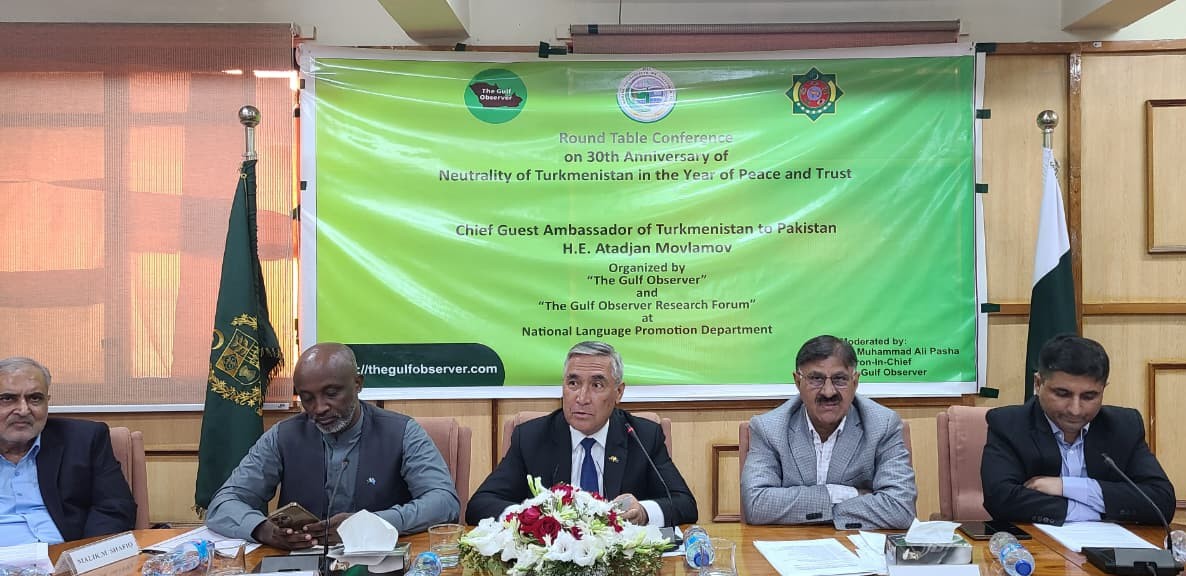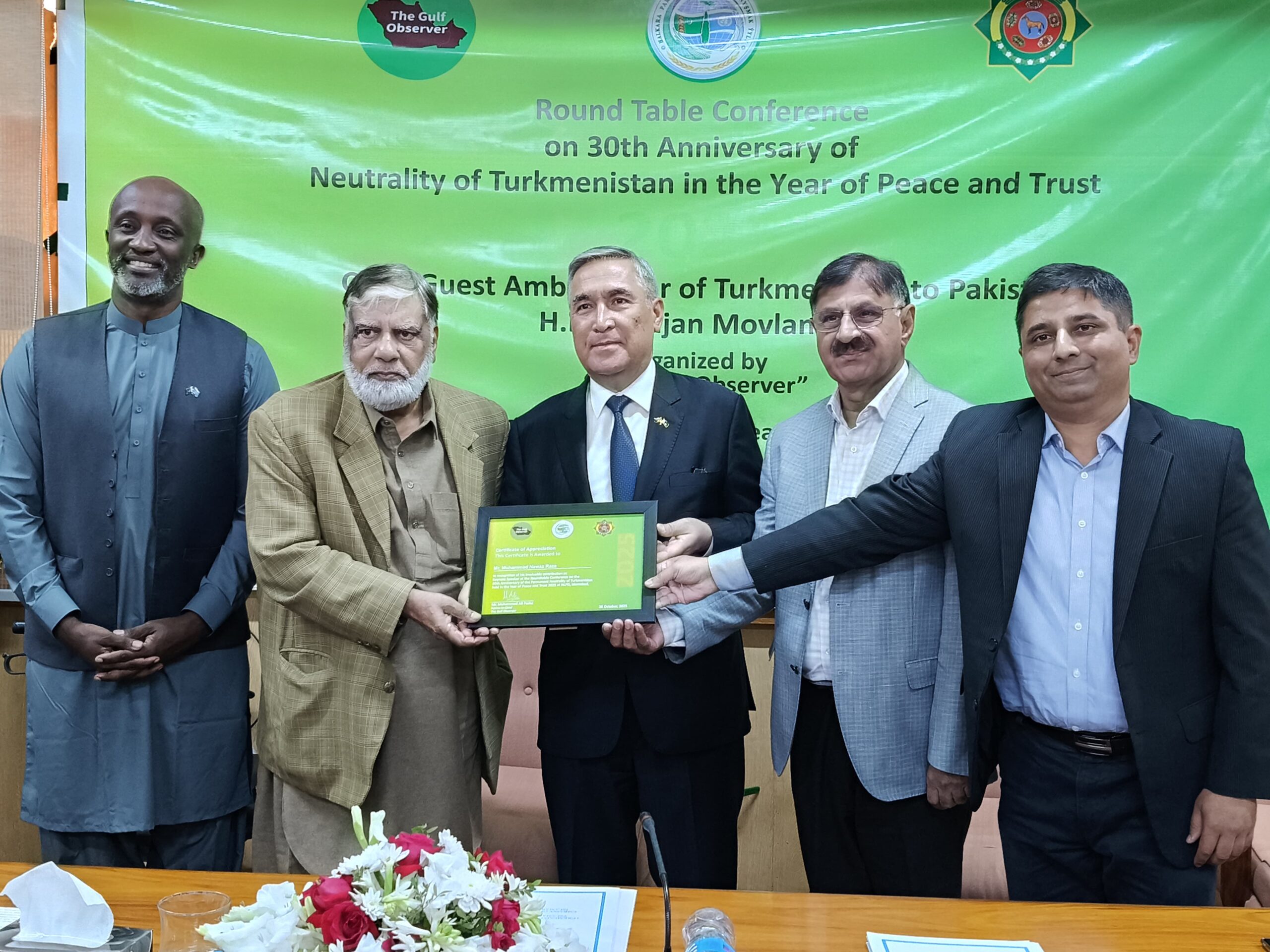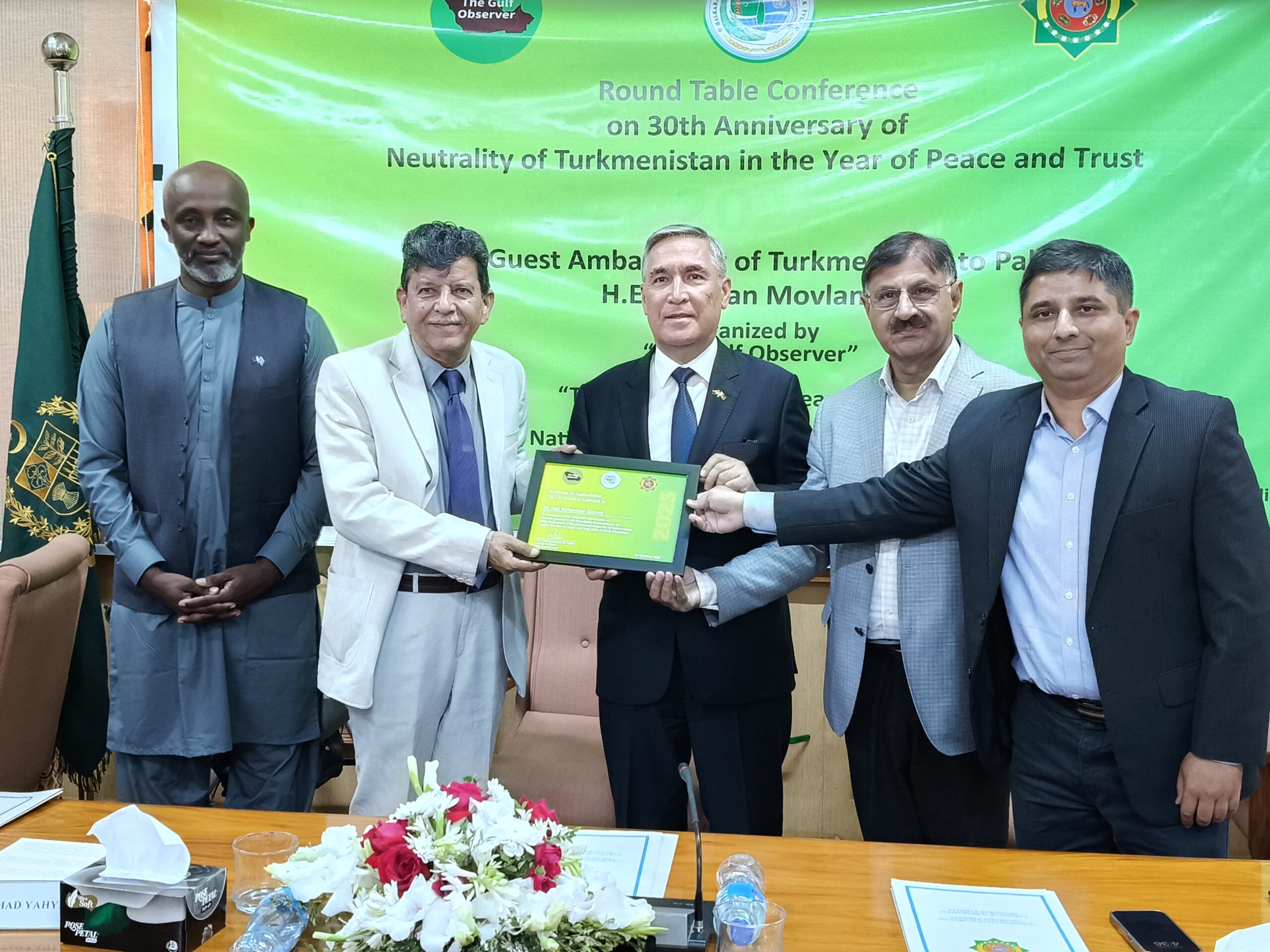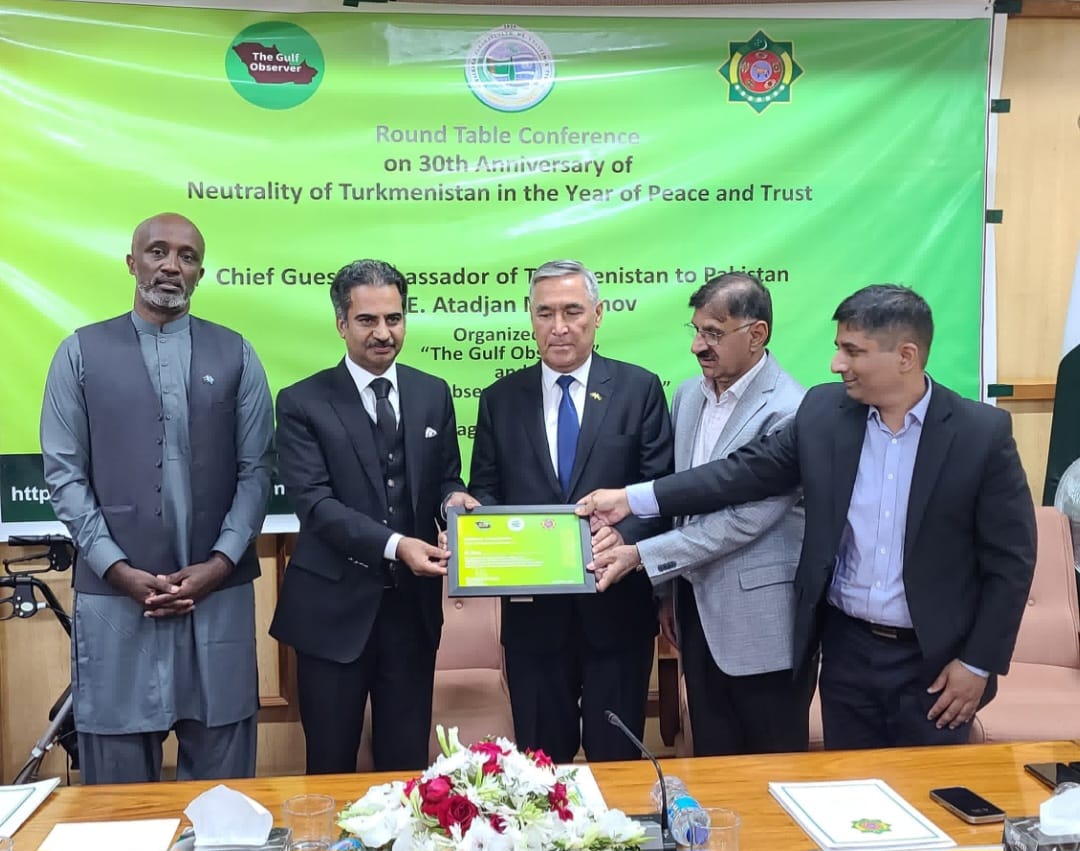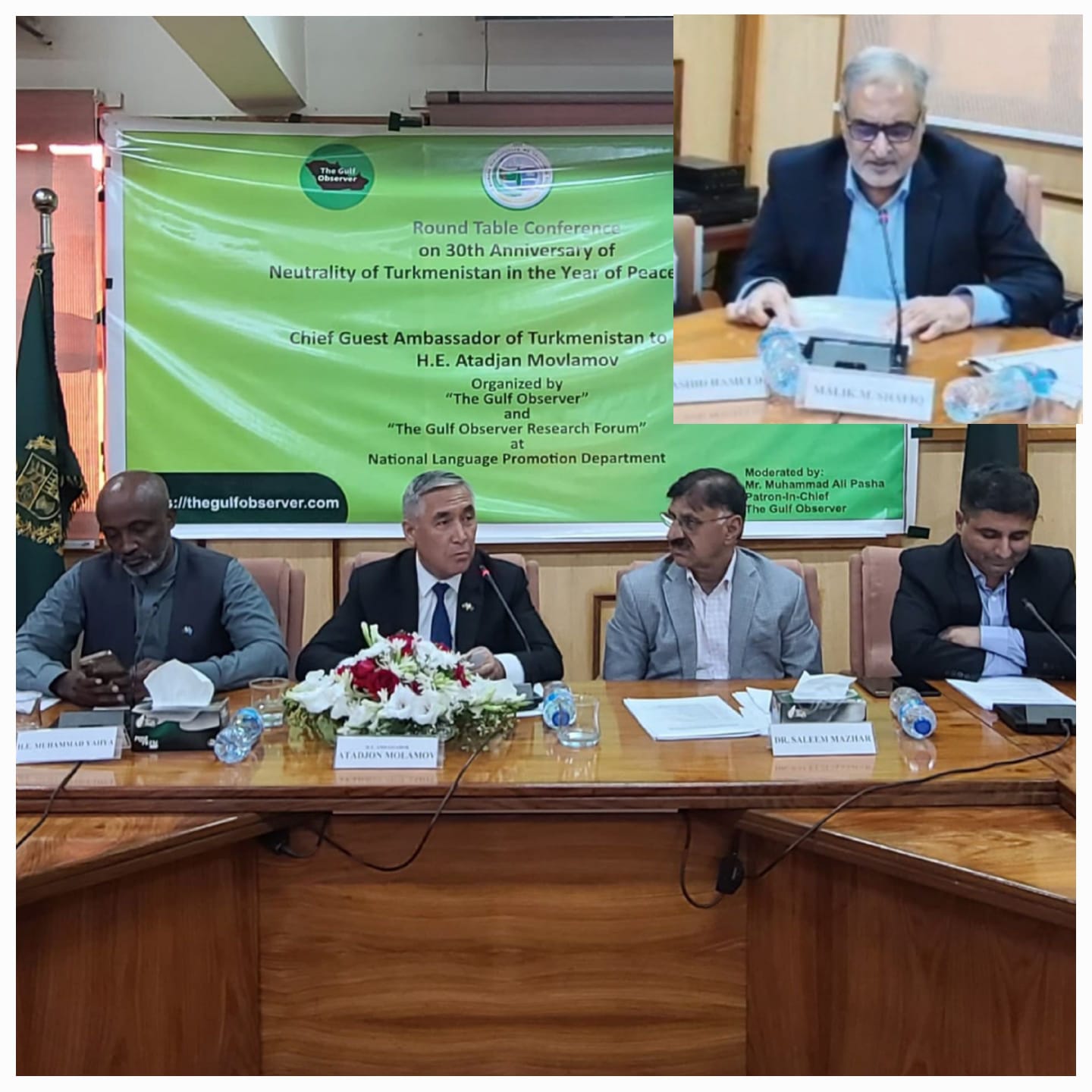There are few names in the chronicle of humanity that have attained an immortality of meaning, their echo resounding not merely through the passage of time but through the depth of sacrifice, virtue, and unwavering principle. Among these rare souls, the name of Hazrat Imam Hussain (May Allah be pleased with him), the beloved grandson of the Prophet Muhammad (Peace be upon him), shines with a radiance that shall never be dimmed. His name is not only etched into the pages of Islamic history but engraved into the conscience of mankind as a symbol of truth, resistance, and moral courage.
Hazrat Imam Hussain’s (RA) sacrifice at Karbala is not merely an event of history; it is a timeless testimony of standing resolute in the face of injustice, even at the cost of life itself. He did not surrender to the tyranny of Yazid, nor did he allow political expediency to cloud his moral vision. His stand was not born out of ambition or a lust for power—it was born out of a sacred trust to uphold the truth, to safeguard the legacy of his grandfather, and to prevent the distortion of Islam at the hands of a despot. Surrounded by brutality and bereft of resources, Hazrat Imam Hussain (RA) chose to rise above fear. For this, he attained martyrdom, and with it, eternal honour.
The Holy Qur’an says:
“And do not think of those who have been killed in the way of Allah as dead. Rather, they are alive with their Lord, receiving provision.” (Surah Aal-e-Imran, 3:169)
This verse immortalizes the martyrdom of Hazrat Imam Hussain (RA) and his companions—not as a tragic end but as a sacred ascension.
The blood of Hazrat Imam Hussain (RA) spilled on the sands of Karbala did not flow in vain. It marked the triumph of conscience over cruelty, of dignity over disgrace, of resistance over retreat. Though centuries have passed since that fateful day, Karbala lives on—not as a tale of despair, but as a standard raised high for those who dare to confront tyranny. “The best of struggles is to speak a word of truth before a tyrannical ruler,” said the Prophet Muhammad (Peace Be Upon Him)—and no one exemplified this more than his beloved grandson.
Conversely, the name of Yazid too endures—not in honour, but in infamy. His legacy is not one of strength, but of shameless brutality. His crime was not merely political—it was moral, spiritual, and human. He trampled the sacred ties of kinship, defiled the honour of the Prophet’s household, and unleashed a storm of terror upon the noblest of souls. The Prophet had declared, “Hussain is from me, and I am from Hussain” (Tirmidhi). To harm Hussain (RA) was to strike at the very heart of the Prophet’s household.
The tyrant’s methods have reappeared throughout time. More recently, the slaughter of children in Gaza, the relentless cruelty in Kashmir, the denial of dignity in Afghanistan and Syria, and the tears of Rohingyas fleeing genocide—all echo the spirit of Karbala. History continues to bear witness to new faces of Yazidism.
Yet, the message of Hazrat Iman Hussain (RA) remains undiminished. Every year, as the sacred month of Muharram returns, believers across the world commemorate the Day of Ashura not with hopeless sorrow but with renewed commitment. These tears are not mere grief—they are allegiance. They proclaim to the world that Hussain lives on in every heart that refuses to bow, every soul that chooses principle over submission.
This spirit of Hussainiyat is not bound by borders, sects, or language. It is not confined to Shi’a or Sunni, Arab or Ajam. It lives wherever a voice is raised against oppression. Be it in a Palestinian child’s defiance, a Kashmiri mother’s prayers, or the resistance of any soul who dares to speak truth to power— Hazrat Imam Hussain’s (RA) message breathes through them. He is not a relic of the past, but a living force in every struggle for justice.
And on such occasions, those who do not support the truth, do not support the oppressed, and remain silent are in fact considered to be supporters of Yazidiism. Neutrality in the face of injustice is not innocence—it is complicity. To refuse to stand with Hazrat Imam Hussain (RA) is to stand by Yazid. Silence before oppression is itself a form of betrayal.
For every Yazid who believes in silencing truth through fear, there shall be a Hazrat Imam Hussain (RA) who answers with faith. For every system that feeds on lies and coercion, there shall rise a voice that chooses the sword of sacrifice over the silence of compromise.
In this ongoing battle between Hussainiyat and Yazidiyat, neutrality is complicity. One must choose—a life of honour, even if it ends on the battlefield, or a life of comfort chained to the feet of cruelty. Hazrat Imam Hussain (RA) chose honour. And in doing so, he illuminated the path for all who seek to live with dignity.
The soul of Karbala reminds us that one man’s refusal can change the course of history. That truth, when wedded to courage, outlasts all tyrants. The battle did not end in Karbala. It continues in every land where injustice thrives. But so long as hearts beat for truth, so long as the oppressed raise their heads, and so long as humanity chooses moral clarity over cowardice—the name of Hazrat Imam Hussain (RA) shall remain eternal.
Not as a name of sorrow, but as a banner of defiance.
Not as a memory of pain, but as a promise of justice.
And not as a martyr fallen, but as a spirit risen forever.

Mr. Muhammad Mohsin Iqbal is the Director General National Assembly Parliament House Islamabad.
